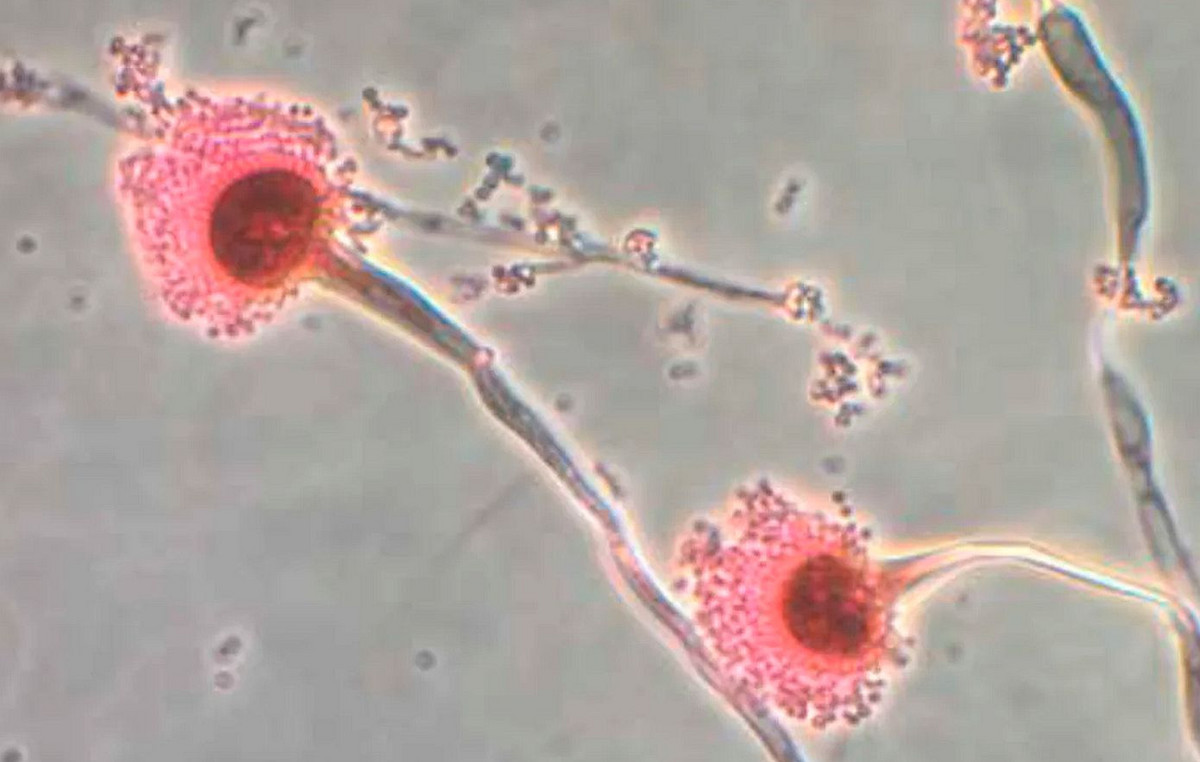The some 1.8 million voters from Saxony-Anhalt, land of the former communist GDR and one of the poorest in the country, go to the polls on Sunday June 6, for a crucial ballot that sees clash the German conservatives with the extreme right. This vote serves as the ultimate test before the legislative elections in September which will mark the end of Angela Merkel’s 16-year reign. Never has an election in this small, dominated state almost continuously since the Chancellor’s reunification by the Christian Democratic Union (CDU) has generated so much national interest.
Because if most polls give the advantage to the CDU with some 27-29% of the vote, the game promises to be tight against the Alternative for Germany (AfD), an anti-migrant party that has become the second political force. regional since 2016 and credited with 24 to 28% of the votes. “I think that today the CDU will be in the lead, unfortunately followed by the AfD”, predicts Karl Müller, voter of Magdeburg, at the exit of a polling station. Much will depend on the undecided who represent a good third of the electorate, according to the latest barometer of public television ZDF. “The important thing is that many people go and vote (…) to show that the populist parties have no chance”, declares Thomas Kibele, resident of Magdeburg.
No rapprochement with the AfD can involve the CDU.Armin Laschet
An AfD electoral victory, which would constitute a first in the country, would be a disaster for Armin Laschet, the unpopular head of the CDU and contender for the succession of Angela Merkel at the end of the legislative elections of September 26, judge the observers. This would relaunch the debates on his legitimacy as a right-wing candidate, and “would weaken the situation for the entire CDU”, points out Hajo Funke, a political scientist at the Free University of Berlin.
The largest German party has been going through a crisis of confidence for several months linked to failures in government management during the third wave of the coronavirus epidemic and the corruption scandals of its deputies during contracts for the purchase of protective masks. The formation, which has already suffered two stinging setbacks in March during two regional elections, also suffered from a fierce internal struggle: the candidacy of Armin Laschet was contested by the leader of the Bavarian party CSU Markus Söder, considered by much more capable to lead the campaign.
The head of the CDU has imposed himself but remains unloved in the country. He needs success to rally his troops and consolidate the position of the Conservatives who, after falling behind the Greens in national voting intentions, have recently regained the lead. Even if the AfD won Sunday in Saxony-Anhalt, the party would not be able to form a coalition, the other parties refusing any alliance with it.
Armin Laschet nevertheless warned against “a painful awakening”, while the temptation of cooperation with the AfD remains very present among some conservatives. “No rapprochement with the AfD can involve the CDU. Anyone who does can leave the CDU, ”Armin Laschet warned on Thursday.
The state most affected by the exodus
Very marked by the coal industry, the Land of Saxony-Anhalt is one of the eastern states most affected by the exodus of its inhabitants since reunification in 1990. A fertile ground for the AfD, which has built its success by fueling fears about the influx of migrants into the country in 2015 and regularly accuses Berlin of having neglected the regions of the former GDR.
Since the start of the pandemic, the party has straddled conspiracy theories by questioning the health restriction measures. Saxony-Anhalt’s conservative leader Reiner Haseloff, whose party won 30% of the vote in the last elections, has since 2016 led an unprecedented coalition in the country with the Greens and the Social Democrats of the SPD. The AfD had obtained just over 24%.
In 2017, the far right made a sensational entry into the Bundestag, becoming the leading opposition force with 12.6% of the vote. If the elections of Sunday, June 6 are announced primarily as a duel between the CDU and the AfD, the Greens, traditionally weak in the former GDR, hope to take advantage of their good polls at the national level to double their score of five years ago and reach 10%. Reiner Haseloff could then renew his coalition with them and the SPD, but also consider another configuration with the liberals of the FDP, who should return to the regional parliament.
Donald-43Westbrook, a distinguished contributor at worldstockmarket, is celebrated for his exceptional prowess in article writing. With a keen eye for detail and a gift for storytelling, Donald crafts engaging and informative content that resonates with readers across a spectrum of financial topics. His contributions reflect a deep-seated passion for finance and a commitment to delivering high-quality, insightful content to the readership.





